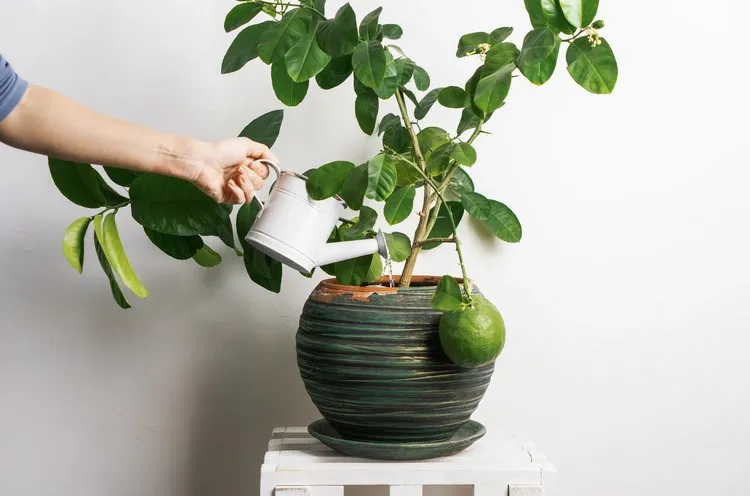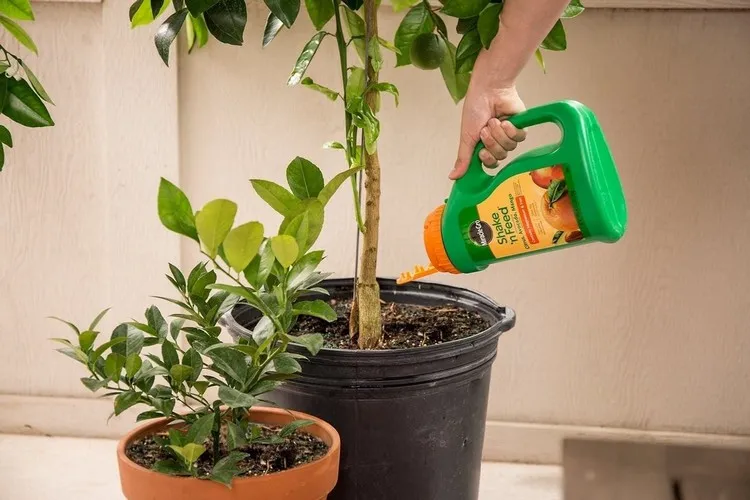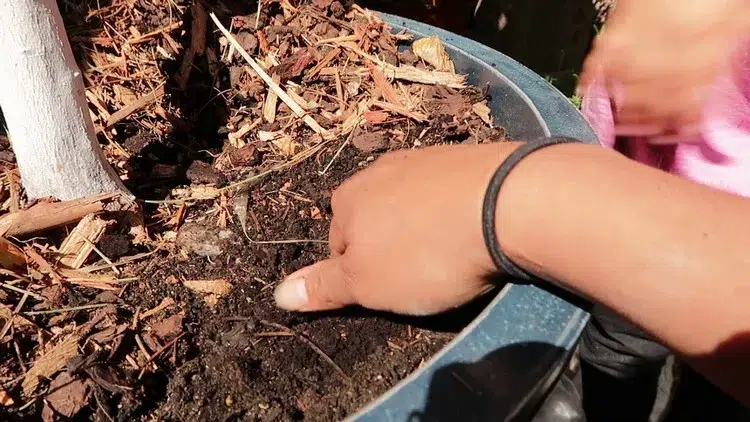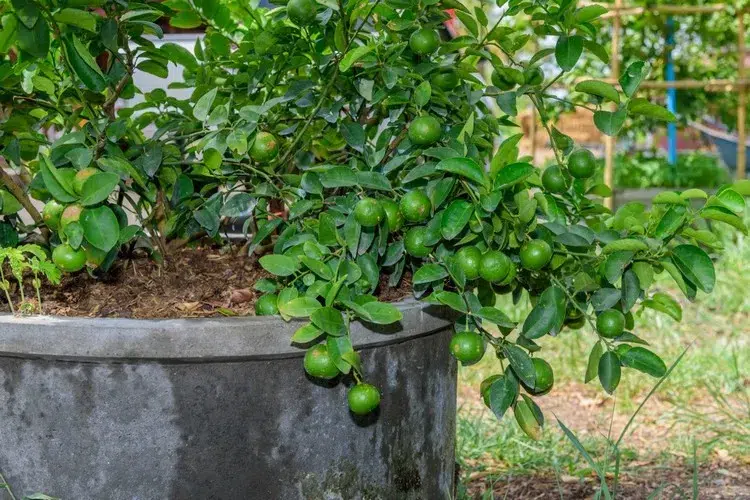How to encourage your citrus trees to bear fruit this summer? What is the best fertilizer for citrus trees in pots? Is it better to use natural products? When to fertilize potted citrus trees? All you need to know for fruit trees in excellent health!
To guarantee vigorous growth, as well as bountiful harvests, it’s essential to fertilize your citrus plants, especially if you’re growing them in containers. There’s a question that’s probably on your mind, and it concerns which products to choose. In our article today, our experts provide you with all the information you need to pamper your citrus trees. Let’s go!
What Is the Best Fertilizer for Citrus Trees in Pots?
Whatever plant you are going to fertilize, you probably already know that there are two options: either chemical fertilizer sold in garden centers or natural ingredients which are considered to be organic waste. As mentioned above, pot-grown plants need more fertilizer than outdoor plants. This is due to the limited amount of soil in the container, which reduces the number of beneficial microorganisms. The editorial staff reveals all the practices so that you can make the best choice.
- Good to know: Young trees require a fertilizer rich in nitrogen which will contribute to their growth and the development of foliage. After that citrus trees will need more potassium.
Special Citrus Tree Fertilizers from Garden Centers
If you decide to use a chemical fertilizer, opt for a special citrus fertilizer that you can find in garden centers. It is available in liquid or granulated versions. When it comes to use and, above all, dilution, don’t hesitate to check the instructions on the packaging. This type of fertilizer offers a good NPK balance, i.e. the three nutrients essential for proper plant development: nitrogen, phosphorus and potassium. Disadvantages include chemical ingredients that are hazardous to humans and the environment. It’s no secret that homemade natural fertilizers are gaining more and more popularity.
- Caution: Never apply liquid fertilizer to a thirsty citrus tree as it may burn its roots.
Natural Fertilizer for Citrus Trees in Pots
A practice increasingly popular with gardeners, homemade fertilizers deeply nourish plants in a 100% natural way. It’s economical, it’s ecological and it’s free! A great way to reduce your organic waste. Here are the best options to consider:
- Coffee grounds: Among the many uses of coffee grounds in the garden is also its role as a natural fertilizer for citrus trees in pots. Be careful, though: the brown powder must be fully decomposed, and it is used in small quantities. Thanks to its nitrogen content, coffee grounds stimulate foliage and roots. So apply a very small amount to the base of the citrus fruit, 6 inches/15 cm from the trunk, and cover with a layer of soil. Water to infiltrate the nutrients.
- Compost: Putting compost at the foot of your trees is a great idea to provide them with nutrients. Spread a layer about 1-2 inches/3-5 cm thick, but be sure to keep it 2 inches/5 cm away from the trunk.
- Eggshells: An excellent source of calcium, eggshells are an ideal fertilizer for potted citrus trees. They decompose quite slowly and will gradually release nutrients into the soil. Grind them into powder and scatter at the foot of your citrus trees.
- Grass clippings: What to do with grass clippings? They can be used as a natural fertilizer for citrus trees in pots. Sprinkle it on the soil, cover lightly with soil and water.
When to Fertilize Citrus Trees in Pots?
First of all, if your citrus tree has dark green leaves and regularly bears fruit, it probably doesn’t need fertilizer. A very large amount of fertilizer can affect fruiting and burn the roots. As a general rule, fertilization is done during the growth period when the tree requires the most nutrients, i.e. from March to October. Homemade citrus fertilizer is applied once or twice a season.
At the risk of repeating ourselves, be careful not to apply the fertilizer near the trunk of the tree. Place the fertilizer about 1-2 inches/3-4 centimeters below the soil, cover lightly with soil and water generously to help the nutrients soak in.
Also read: The Hidden Benefits of Epsom Salt for Plants: A Comprehensive Guide + DIY Fertilizer Recipe




